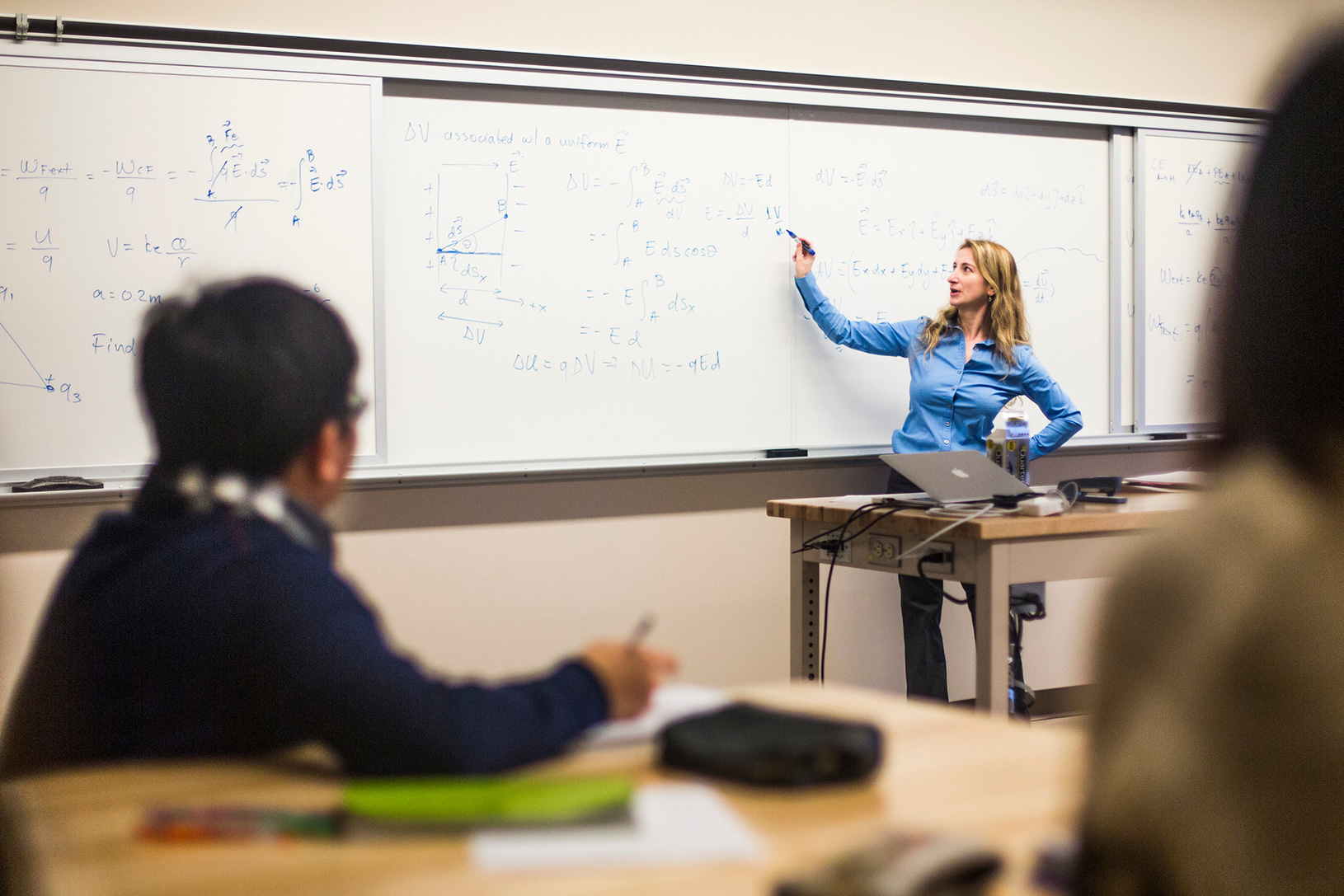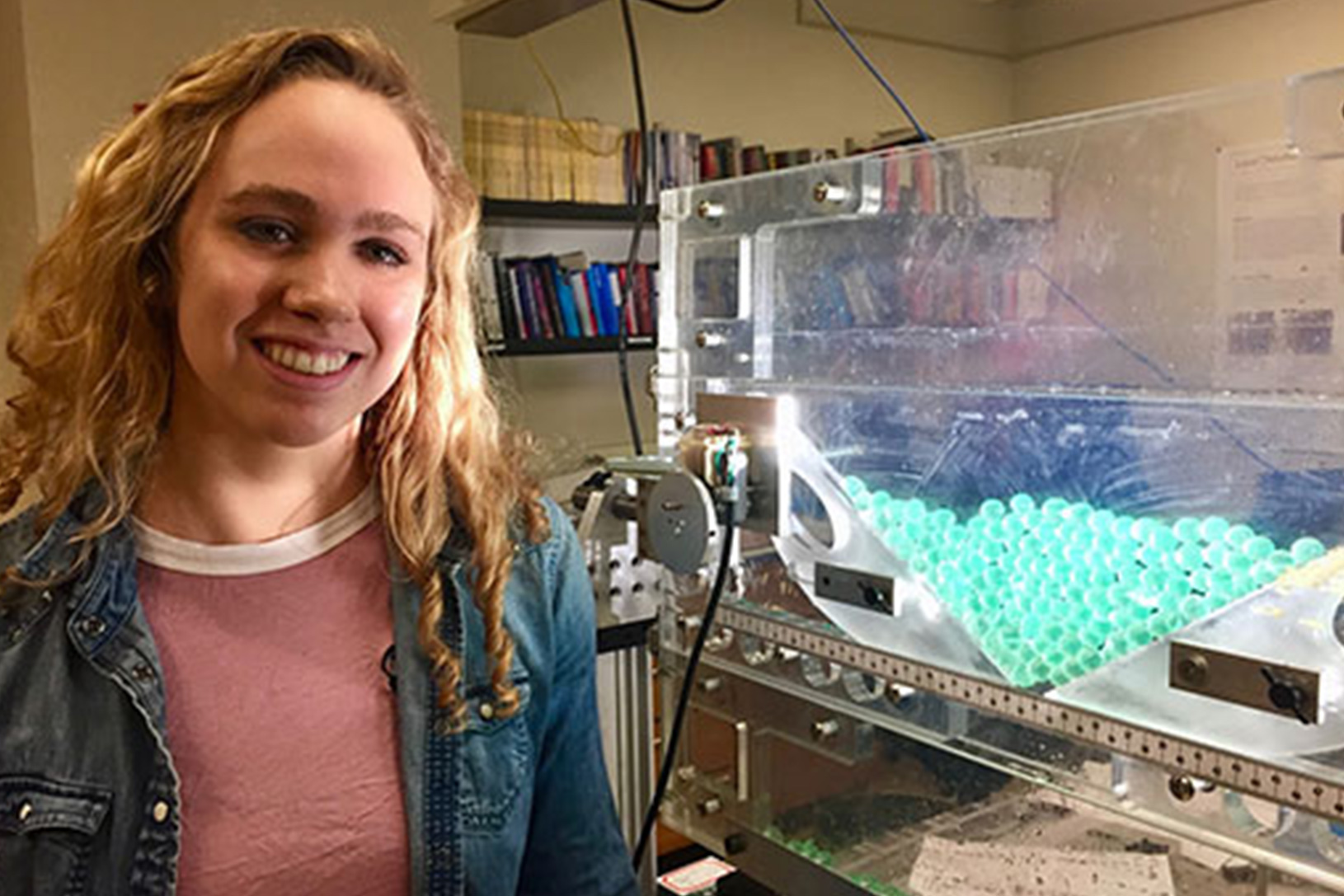Physics
Studying physics helps us understand how the world works from the tiniest sub-atomic particles to the largest galaxies. Physics is defined as the study of matter, energy, and the interaction between them. Physicists study how the world around us works to discover the basic building blocks of matter, how the universe began, and how it will likely change. A degree in physics will prepare you for a future in any number of interesting fields from research and academia to health care and medicine to business development and computer games. Physics at Emory encompasses many programs:
Outcomes
The largest number of physics majors who go directly into STEM fields work in engineering, computer hardware and software, scientific research, and academia.
At Emory, our BS majors enter the best graduate programs for advanced study in physics and astronomy. And our BA majors are equally well prepared to excel in a wide variety of fields, including medicine, law, industry, business, teaching, and policy studies.
Recent graduates work at Omni Eye Services, Gradum Baseball, Capco, Renal Associates and Scotts Concrete.
They’re also pursuing advanced degrees at such prestigious institutions as Stanford, Tufts, SUNY-Buffalo, and the University of Texas at Austin.
Examples of Classes at Oxford
Example of Major Classes
Computational Modeling for Scientists and Engineers
Computation is one of the pillars of modern science. In this course, you’ll be introduced to various computational modeling methods and study specific examples derived from physical, biological, chemical, and social systems.
Electricity, Magnetics, and Optics with Laboratory
This course consists of a combination of lecture and laboratory time to deepen your understanding of electricity, magnetism, and geometric wave optics.
Fundamentals of Engineering Design
Explore the application of mathematical techniques, numerical methods, and programming skills to various areas of engineering including physical computing, heat transfer, circuit analysis, and semiconductor physics.
Research in Physics

The fruit fly equivalent in physics research
Mia Morrell 20C participated in research with physics professor Eric Weeks, using hydrogel balls to study the ways clogs form. The results of their inquiry have implications on everything from improving the flow of traffic on highways to saving lives through better emergency exit design.
Physics is an ongoing science, even though our modern physics course includes Einstein's work, which is more than 100 years old. We want students to know research is an option that lets them push forward what we know about our world.